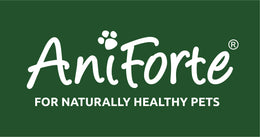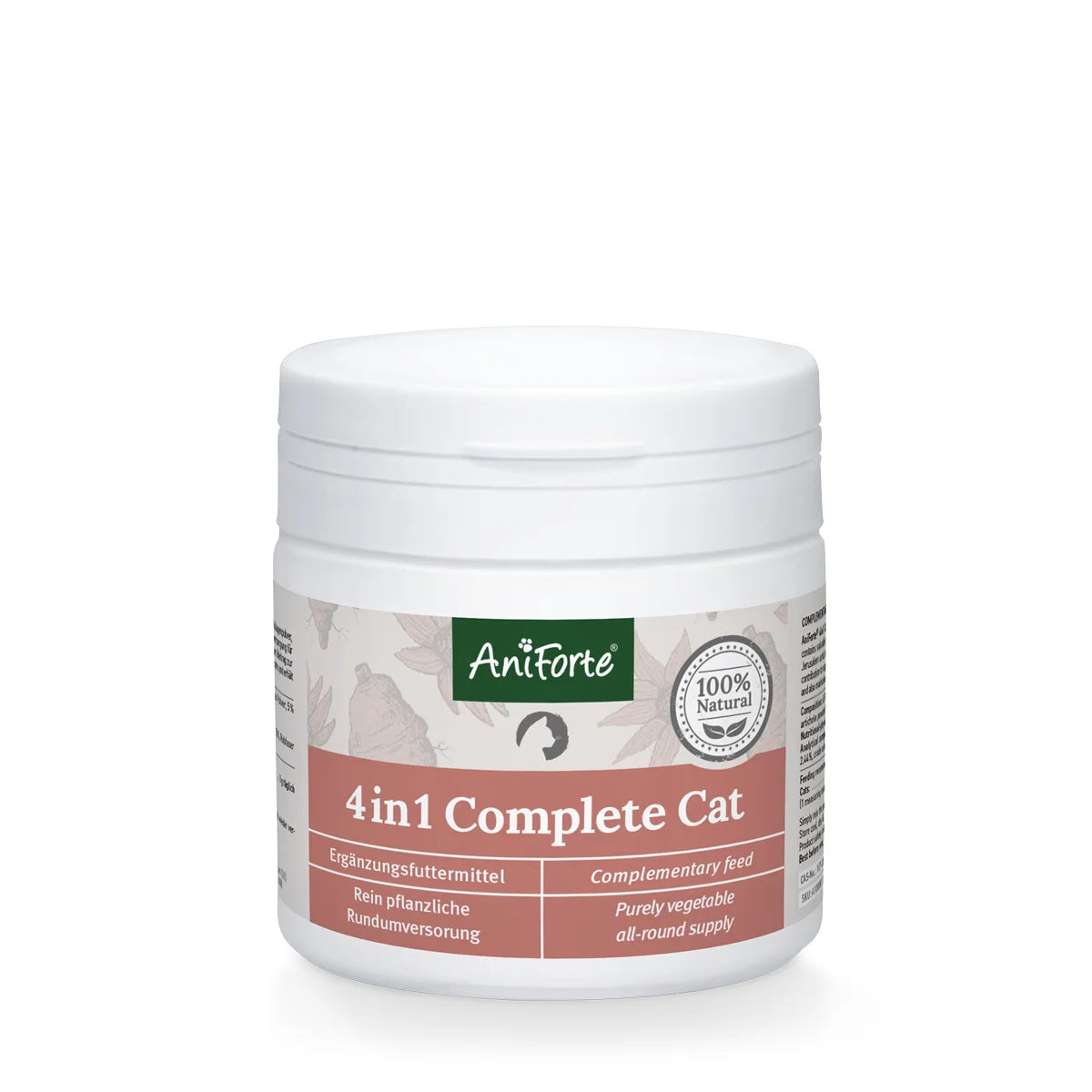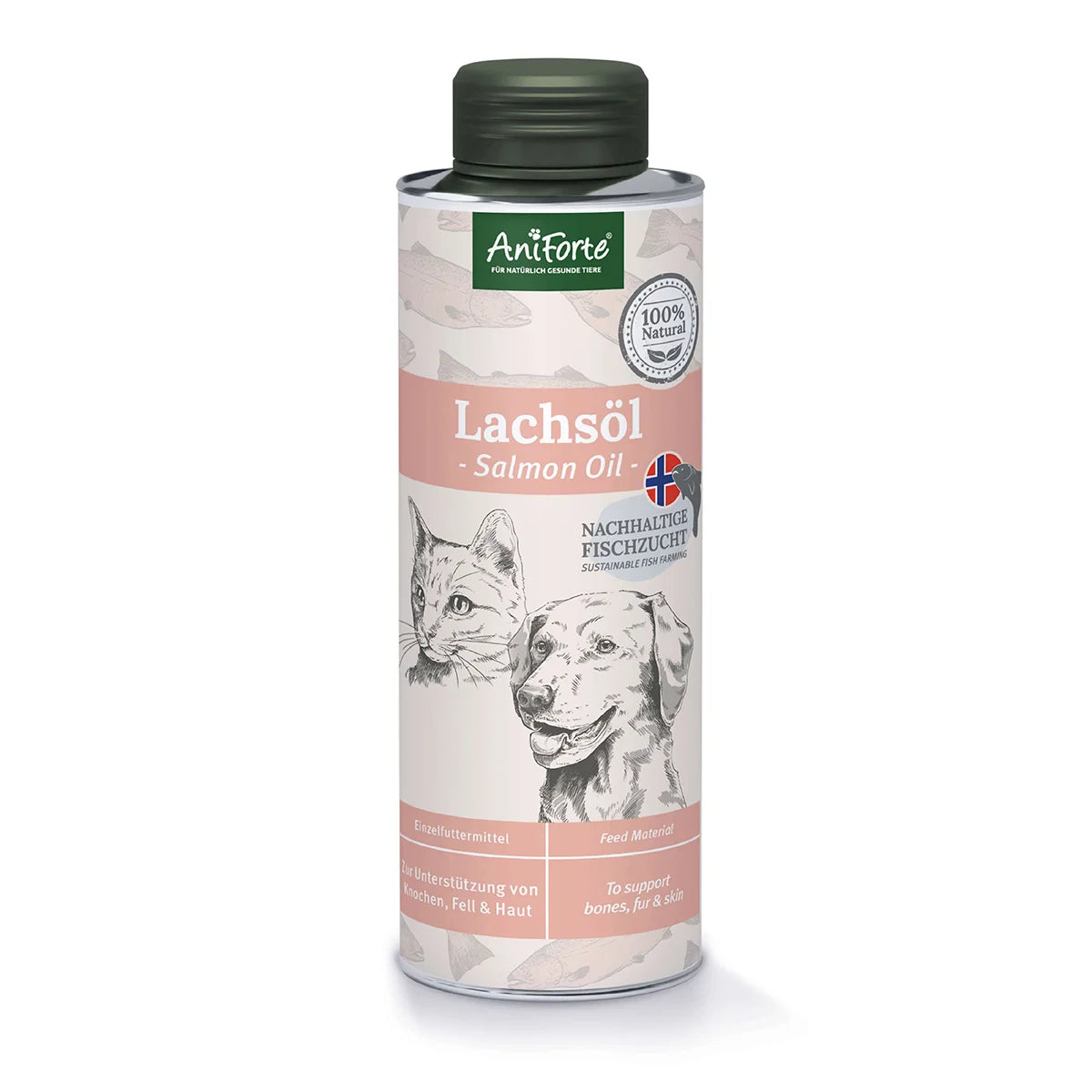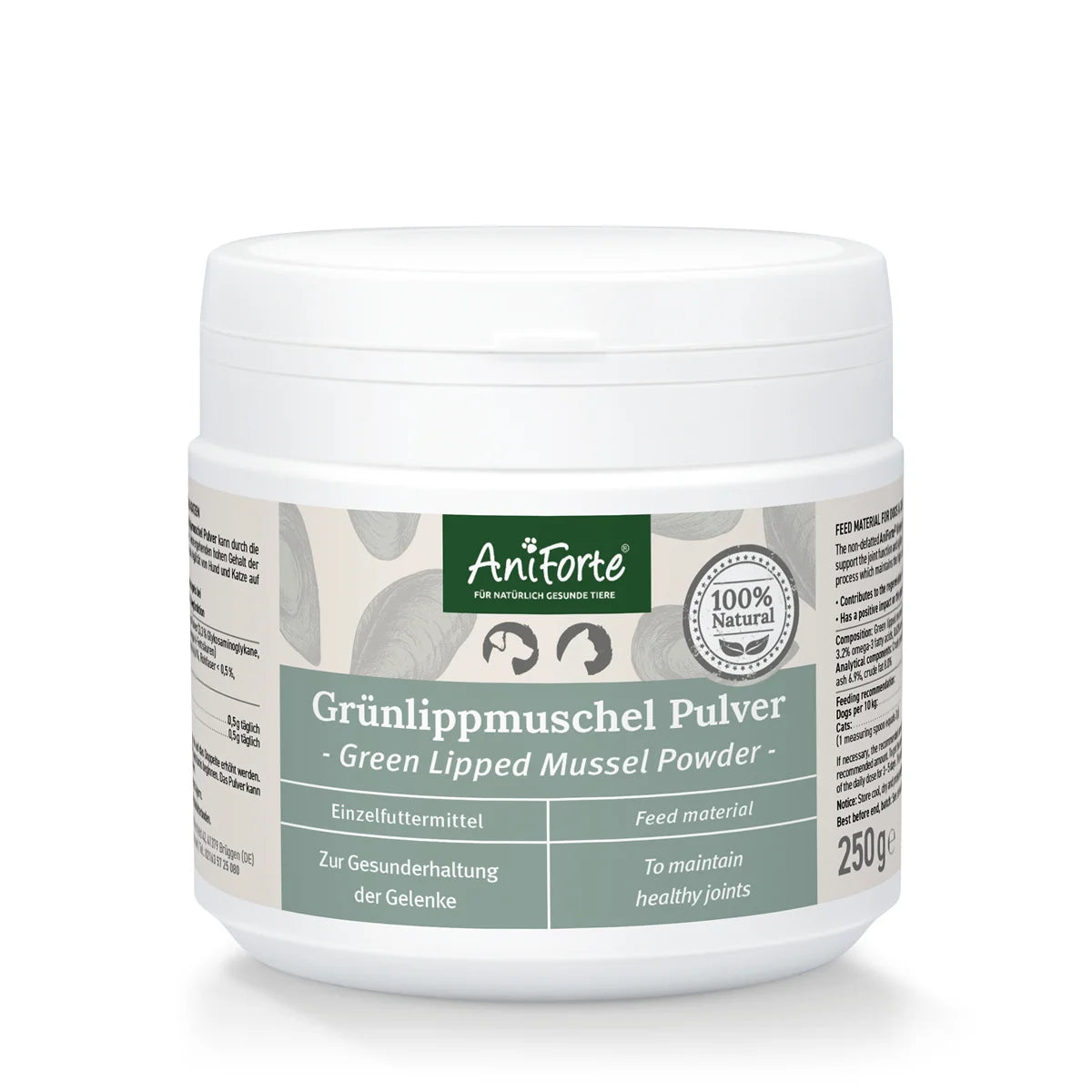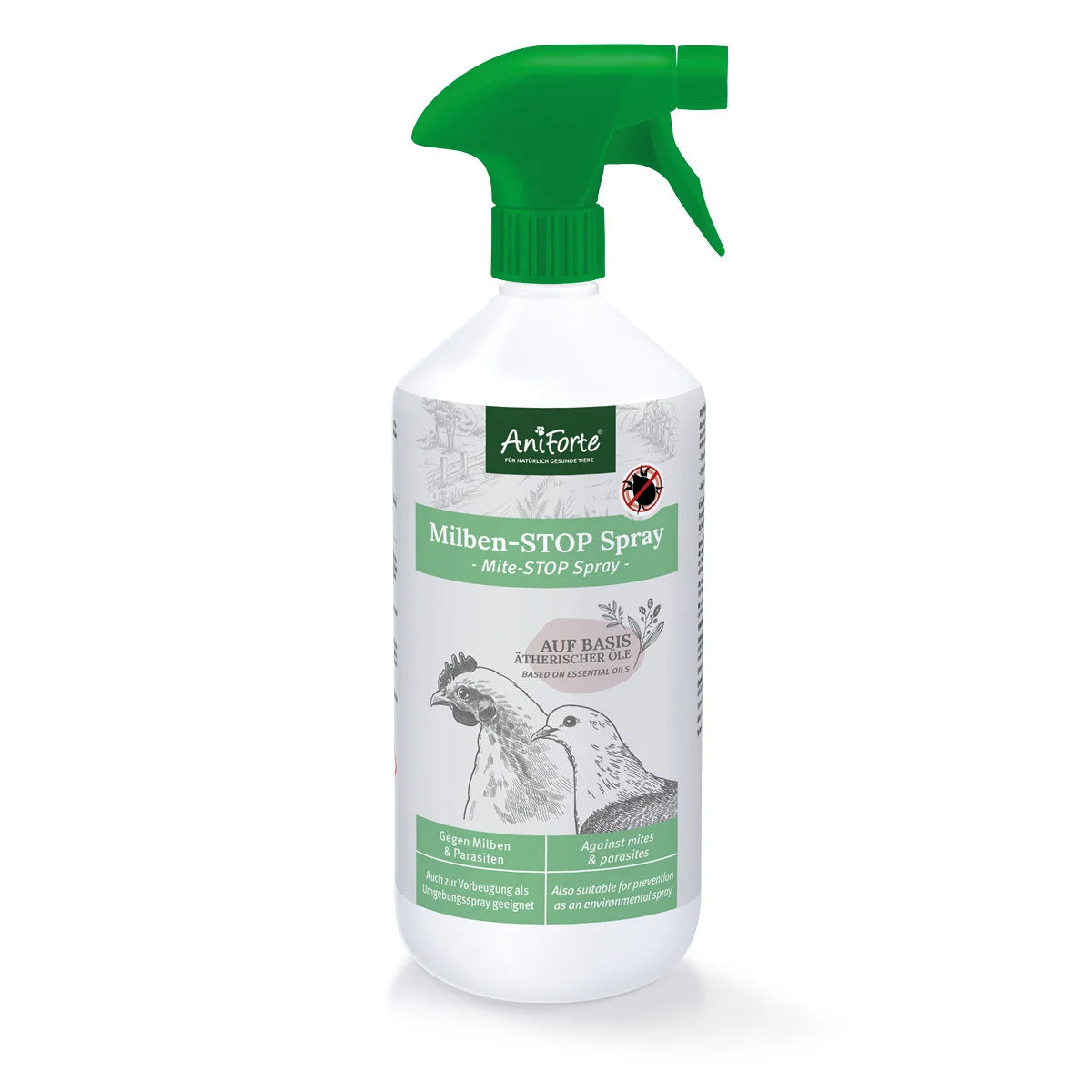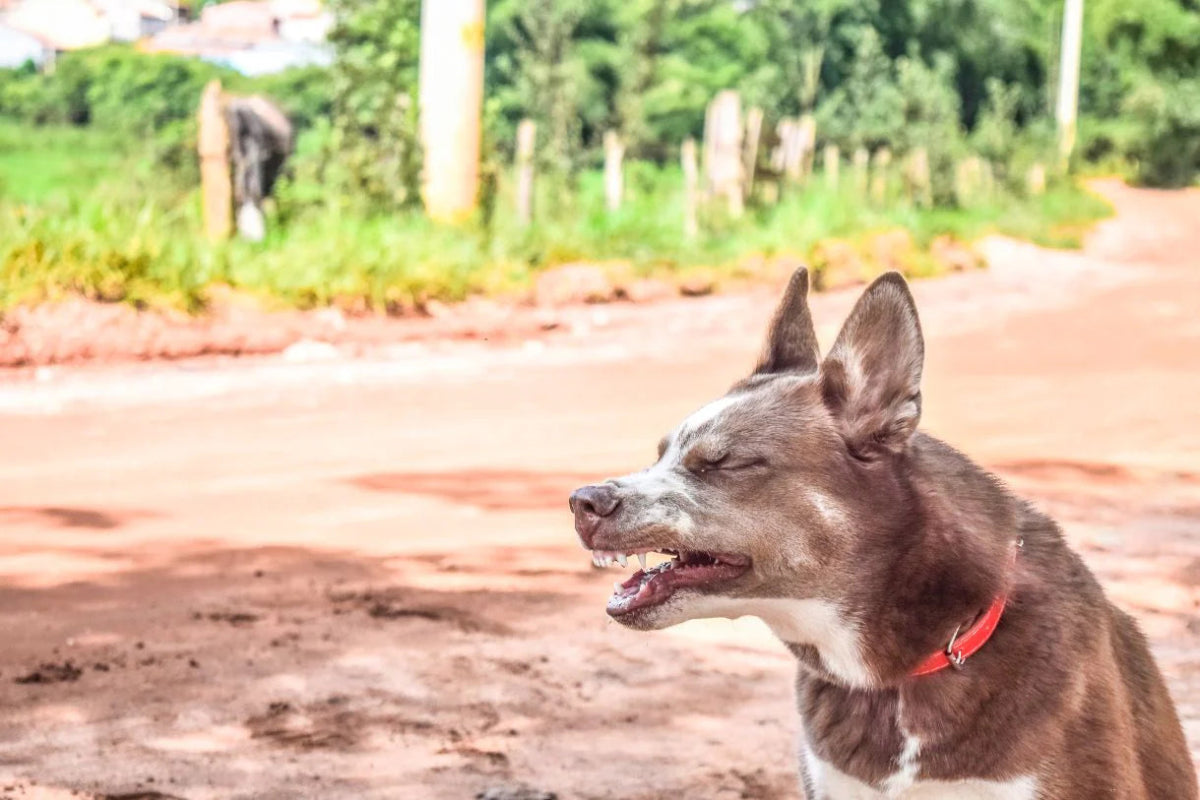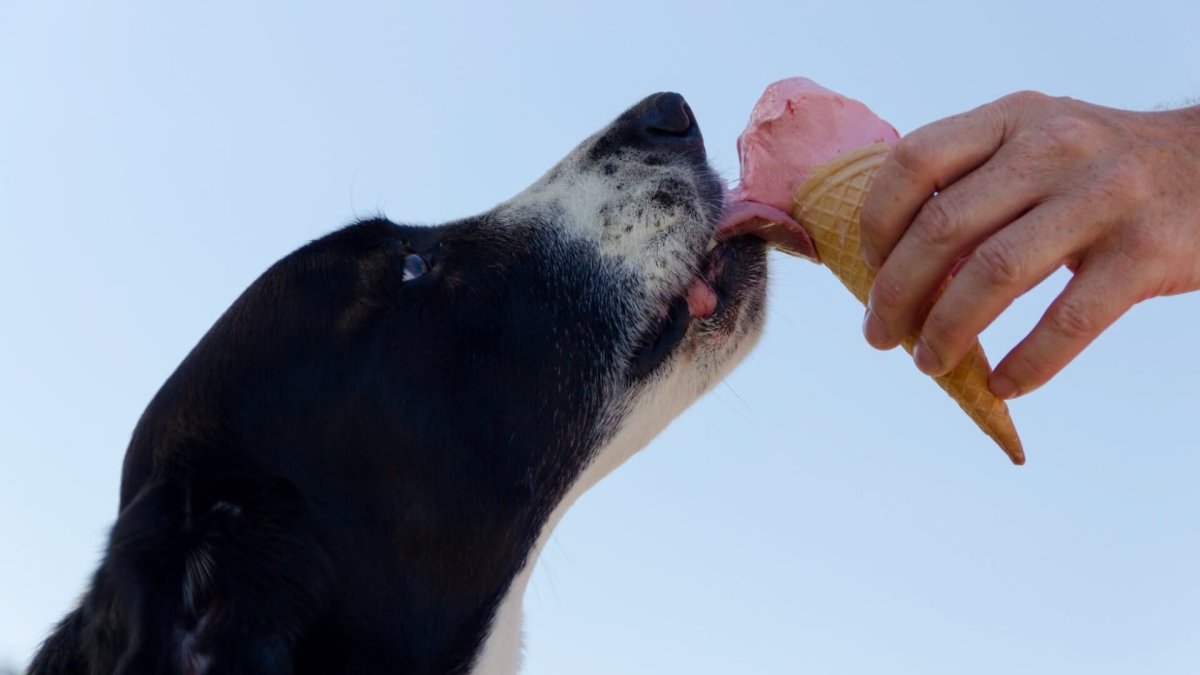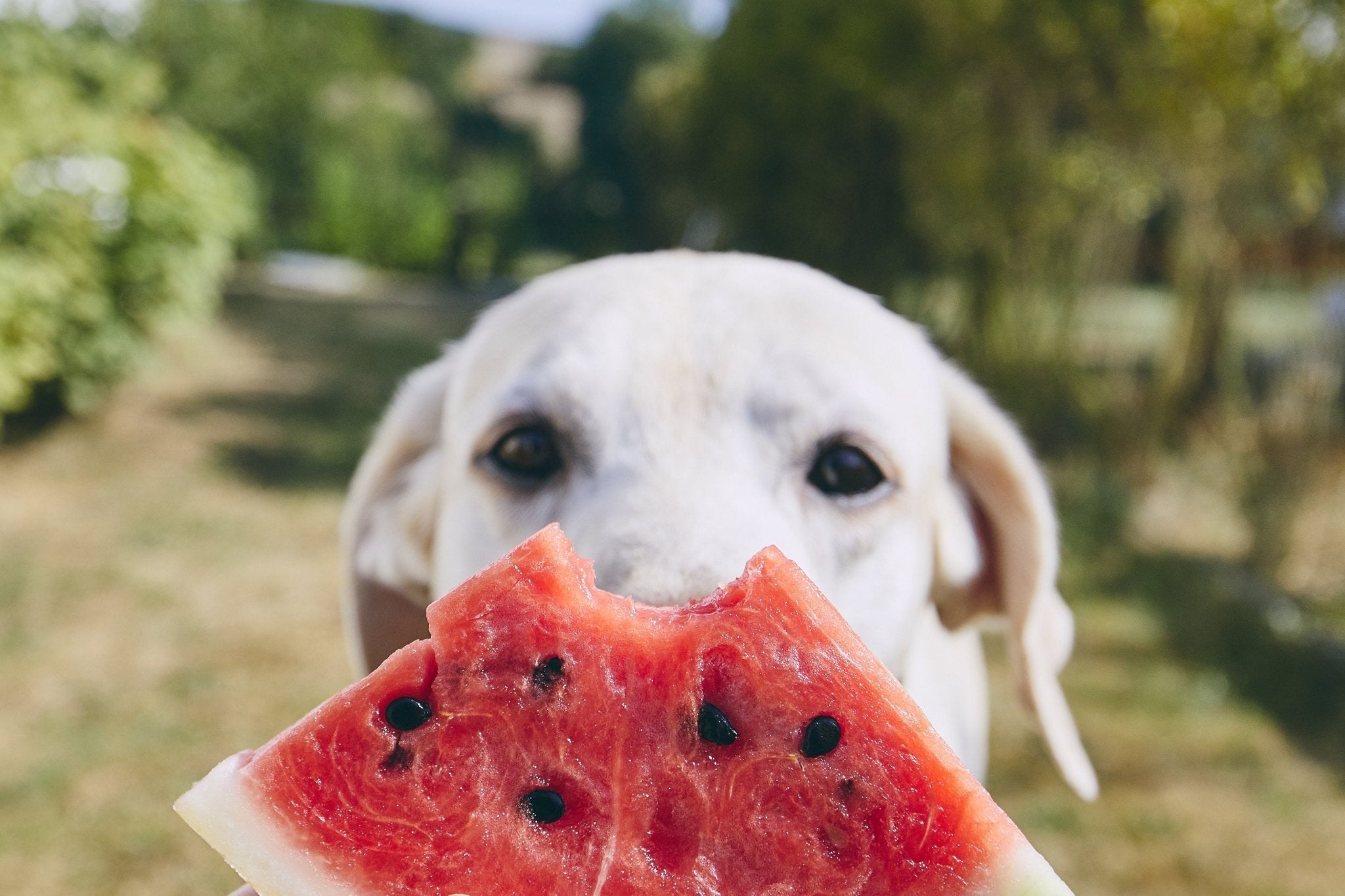Spring is here, and while we enjoy the warmer days and nature blooming, it may be a less pleasant time for our dogs. Pollen allergies can come to the fore in dogs. If you notice that your dog is scratching, sneezing or has watery eyes, they could be suffering from a pollen allergy.
Let's go through this blog article together to understand how you can help your dog.
How does a pollen allergy develop in dogs?
Allergies in dogs, like in humans, are caused by an incorrect reaction of the immune system. Grasses, flowers, and pollen enter the dog's body via the mucous and airways. There, the immune system reacts with a defence reaction against the so-called allergens. Allergens are the substances that trigger pollen allergies in dogs. Diseases of your dog's conjunctiva, respiratory tract or skin can be the result of this defence reaction. The risk of a pollen allergy is particularly high in spring.
Symptoms of a pollen allergy in dogs
A pollen allergy in dogs manifests itself in a similar way to us humans and can cause your pet a lot of trouble. The symptoms of a pollen allergy can be quite varied.
Here are some symptoms to look out for:
- Severe itching that leads to excessive scratching, licking, or rubbing
- Skin rashes or redness, especially on paws, face or underbelly
- Sneezing, coughing or runny nose
- Inflamed or watery eyes
These symptoms can be quite uncomfortable for your dog, so it's important to recognise them early.
Main triggers of spring allergies
The main culprits behind spring allergies are pollen from grasses, trees, and weeds. Pollen from plants such as birch, alder, hazel, and various types of grass are particularly well-known. However, every dog reacts differently, which is why it is important to identify the specific triggers for your dog. A visit to the vet or tests can help you to find out the cause of the symptoms.
Treatment and prevention of allergies
Fortunately, there are several ways to provide your dog with relief and minimise the effects of pollen allergies:
- Medication: Antihistamines or, if necessary, specific immunotherapy can be prescribed after consultation with a vet.
- MSM Powder has been found to help with allergic reactions to pollen and dust. As an antioxidant, sulphur counteracts inflammation following the release of histamine.
- Black cumin oil: The oil can have a balancing effect on dogs with allergies and respiratory problems. The essential oil it contains, thymoquinone, reduces the release of histamine and can naturally minimise the frequency of attacks. We recommend our Black Cumin Sticks
- Hygiene measures: Regular bathing and cleaning paws and face after walks help to remove pollen. Also make sure that your dog's sleeping areas are clean. Our Eye Cleaning Pads can help.
- Adjust walks: Check the pollen forecast and try to reduce outdoor activities on days with high pollen counts. Walks in the morning or evening hours can help.
Pollen count calendar for dogs
If you suffer from allergic reactions, it is advisable to avoid contact with pollen and grasses. In spring, this is hardly possible on a daily walk, but there are a few things you can do for your dog.
You can use a pollen calendar to find out in which months of the year your dog is most likely to have an allergic reaction. This will help you to prepare for the coming period and take preventative measures.
Conclusion on pollen allergy in dogs
Managing your dog's pollen allergy requires some attention and care, but with the right measures you can help them experience the spring season much more comfortably. If you are unsure or the symptoms persist, don't hesitate to consult a vet. Remember, grooming your dog also plays a big role in allergy prevention - a topic you can also find on our blog. In addition, the symptoms mentioned can also indicate a cold in dogs.
Equipped with these tips, we wish you and your dog a wonderful and largely allergy-free springtime!
Let's remember that our dogs depend on us for their well-being. By educating ourselves and being proactive, we can help them enjoy a happier and healthier time - even during pollen season.
